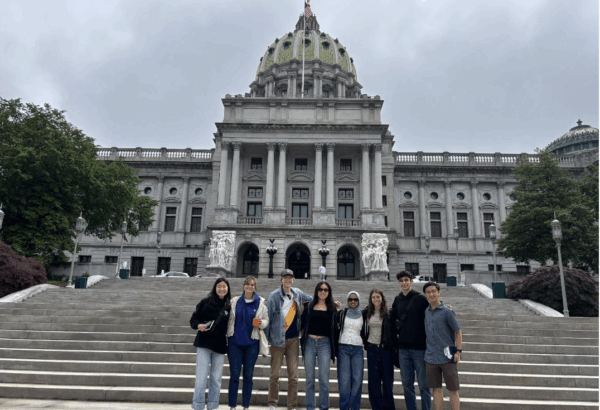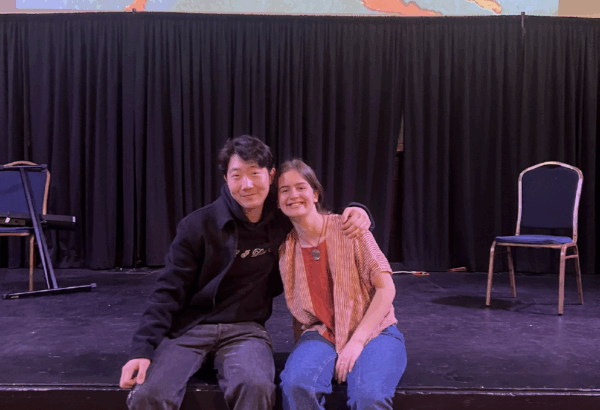I am the wisest man alive, for I know one thing, and that is that I know nothing.
— Plato, The Republic
Making Meaning in Confusing Times
Paradoxes and contronyms seem especially important in the present moment. Many things seem contextually confusing. Information is different and misleading and often contradictory.
One particular paradox is gripping me at present. As the holidays approach, how do I accept family members, whose ideas manifested by their vote in the 2020 election, represent ideas that I do not accept at all. Before 2016, this was not much of an issue for me. Even though I am a political scientist, with previous elections it was not difficult at all to shrug off voting differences because the stakes were much lower.
This year, I know that as I see certain family members I will be flooded by contradictory emotions, love and anger; elation to see them and deep sadness at seeing them and being reminded of who they supported. Perhaps what works best here is to cling to the meaning found in paradoxes like Plato’s quote above.
Plato’s Paradox and My Own
Here is what I read into Plato’s quote above: even though experience has taught him that his knowledge is always incomplete (that he knows nothing), that does not stop him from trying to know. He is not finished with knowing even in his knowledge that what he knows will never be the full picture. He keeps learning and knowing and working towards filling in the whole picture. For Plato, knowing more is the greater value, the one by which he derives his context and his meaning.
This helps me as I think about Thanksgiving (even if it turns out to be over zoom) when I see those whom I love who voted differently than I did, whose ideas I may never fully understand. Even though I know I will never accept their ideas, I will not stop trying to love and accept them. I will not close myself off from listening to them and letting them know why their beliefs and specifically what about their beliefs do not make sense to me. I will not stop because loving my family is the value by which I choose to derive context and meaning.
Our country needs to heal. Even in this paradoxical moment. We need to make meaning out of a context of love. And though I am motivated in this direction, I am not exactly sure what this will look like in practice. I will start by listening well and see what happens.
[1]https://www.goodreads.com/quotes/tag/paradox
[2]https://getpocket.com/explore/item/25-words-that-are-their-own-opposites?utm_source=pocket-newtab




